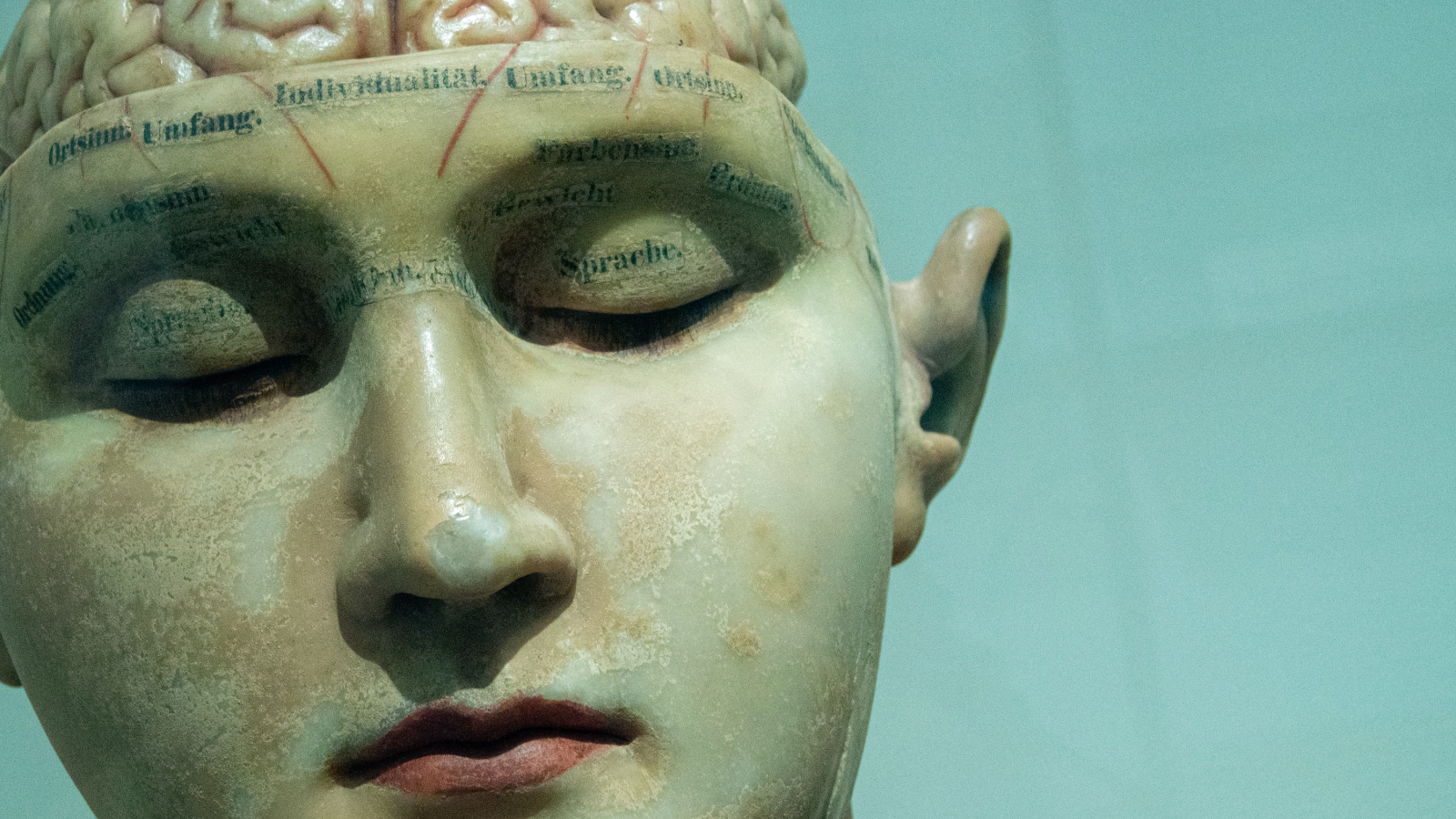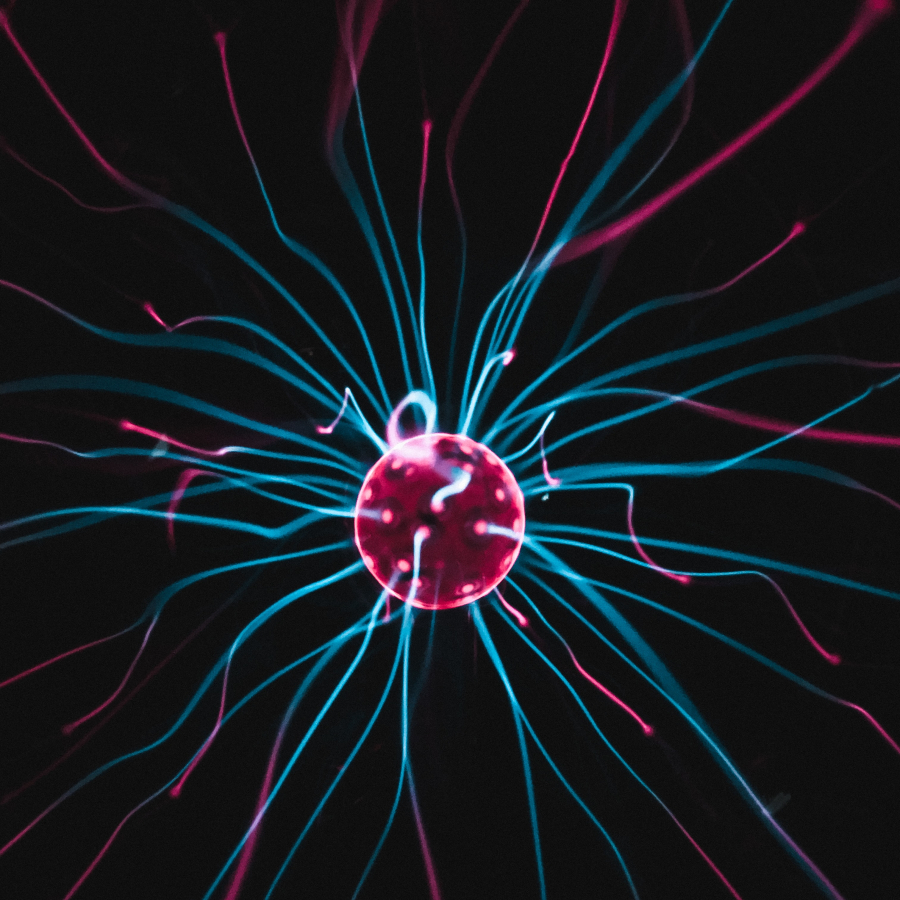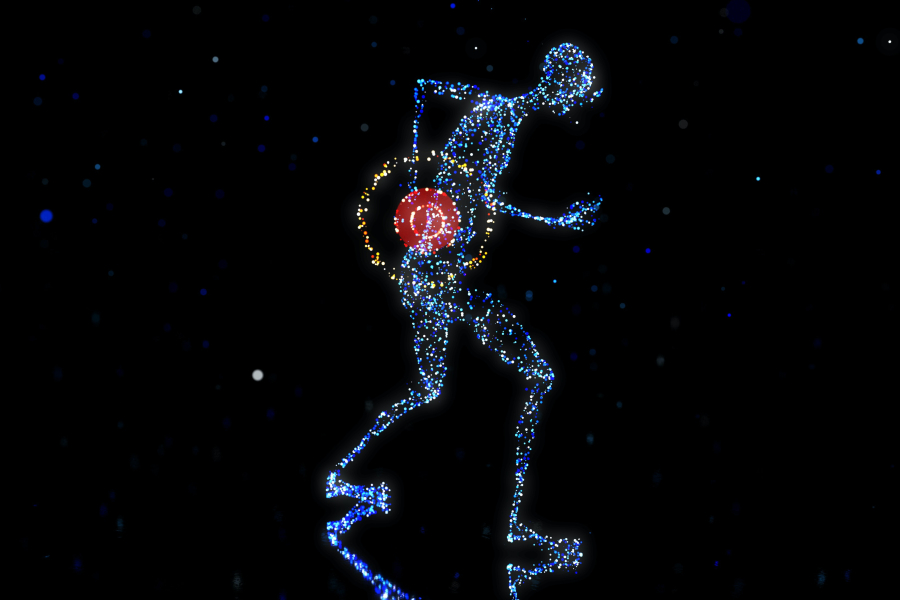What your body tries to tell you

While most people feel hungry when they haven't eaten for a couple of hours or feel thirsty when they haven't drank in a while, not everyone feels these internal signals from their body. I personally have a water bottle that I force myself to finish every day. I eat lunch at 1 PM and dinner at 7 PM, mostly because the clock tells me that it is time to eat. I am thus not very well attuned to my body's signals. Psychologist Dr Jennifer Murphy (Royal Holloway University of London) researches interoception, and calls my behaviour compensating. This means that I use the context that I'm in, for example the time of day, to compensate for the lack of signals I feel. And you? Have you ever thought about this for yourself?
The importance of interoception
In recent years, there has been an enormous uptick in interoception research. It is one of the fastest moving areas in neuroscience and psychology. That is because it might be important for our health. People with different conditions such as anxiety, substance abuse and eating disorders often experience difficulties with interoception. More knowledge about interoception might provide some clues as to why these conditions have so much symptoms in common, like emotional difficulty and disrupted sleep. We should emphasize the might, in this regard, because the relationship between interoception and these disorders is still unclear. It is a classic mistake to confuse correlation with causation. And if there is a causal relationship, we don't know the directionality of it yet: "Does a lack of feeling hunger lead to higher chances of getting an eating disorder, or does an eating disorder lead to a suppression of hunger?" Murphy states.

Can you improve your interoception?
With the knowledge that it might be important for your mental and fysical health, you might want to improve your own interoception. But you don't have to start searching for ways to do this, Murphy says: "Too much interoception, paying too much attention to a feeling, is also not good. And the optimal level is unknown." Furthermore, she explains that trying to improve it by meditating for example, is pointless: "Meditation causes people to think their interoception improved, while it did not actually improve". There is thus a difference between attention and accuracy: if you pay more attention to interoceptive signals, it does not mean you get better at feeling them.
Measurement is key
Although interoception has won popularity in academic research in the last decennium, this field is still in its infancy. According to Murphy, it is starting to run before it can walk. We try to link all kinds of health issues and disorders to interoception, while we have not figured out the best way to measure interoception yet. Currently, it is measured with a heartbeat test. This test gives you two heartbeats, and asks you to pick the one that is in-sync with your own heartbeat. But interoception comprises of more signals than just feeling your heartbeat, like hunger and need to pee. Being good at feeling one of them does not mean you are also good at feeling the other ones, so only measuring whether you can feel your heartbeat accurately is not a very good indicator for your interoception overall. Murphy advocates for more ways to measure interoception, with tests that a person takes on multiple occasions and over a longer period of time. For now, developing more accurate measurements is the biggest obstacle for this infant research field to overcome.
Once interoception research has the tools and data it needs, it can be an extremely promising research field. Will it be able to improve our understanding of the connection between our body and our mind? Only time will tell, so we will definitely use one of our other senses, and keep an eye out in the coming years.









